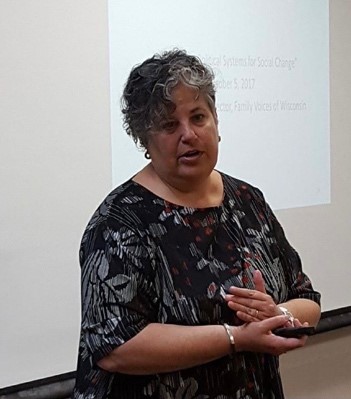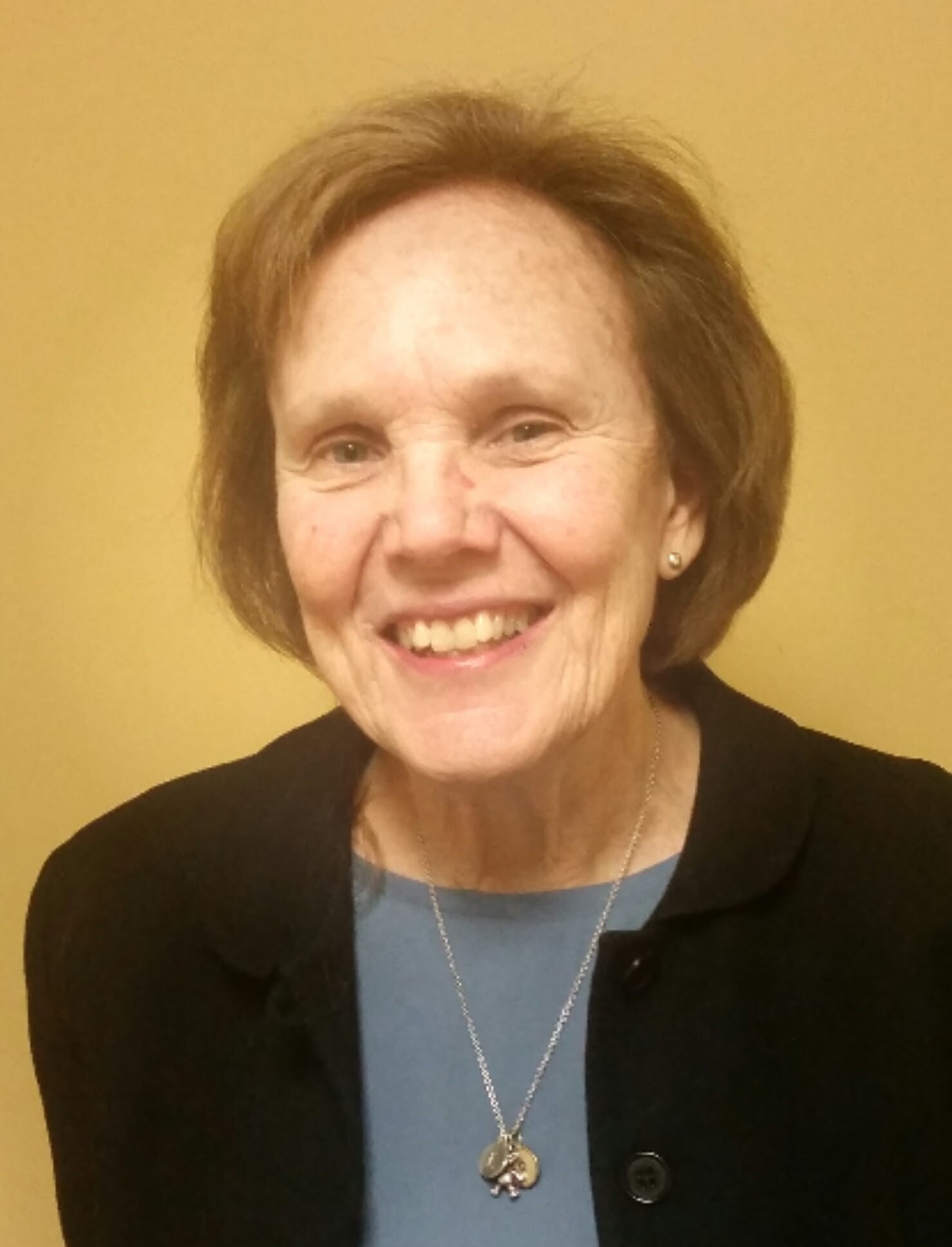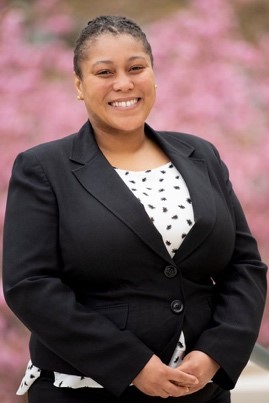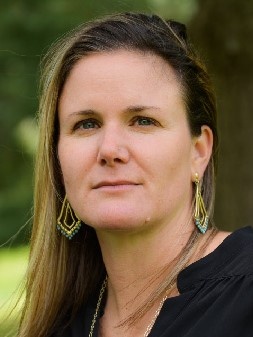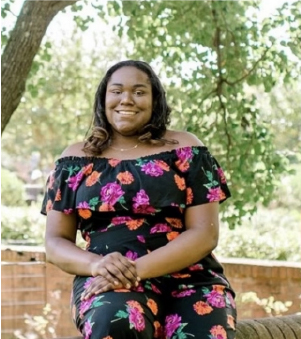Your Input Sought
Nominations Sought for Federal Family Caregiving Advisory Council – due Dec. 3
The Secretary of Health & Human Services (HHS) has posted a Notice requesting nominations for individuals to serve on the Family Caregiving Advisory Council, which was created by the RAISE Family Caregivers Act. Pursuant to the law, the Council’s 15 members will include at least one person from each of the following categories: family caregivers; older adults who need long-term services and supports; individuals with disabilities; health care and social service providers; providers of long-term services and supports; employers; paraprofessional workers; state and local officials; accreditation bodies; veterans; and as appropriate, other experts and advocacy organizations engaged in family caregiving. Nominations must be submitted by Monday, December 3, 2018. A description of the Council, member responsibilities, and procedures for submitting nominations can be found in the 10/12/18 Federal Register.
Comments on the “Public Charge” Rule – due Dec. 10
Since this is such a far-reaching proposal, it is important that as many individuals as possible submit comments for the record about how it would impact them or the populations they work with. Comments will be accepted on this page of Regulations.gov through December 10 at 11:59 pm EST.
Comments on New Standards for ACA Innovation Waivers (§1332 waivers) – due Dec. 24
On October 22, the Centers for Medicare & Medicaid Services (CMS) and the U.S. Department of the Treasury (collectively, the Departments) released new guidance (press release; fact sheet) on waivers authorized by section 1332 of the Affordable Care Act (ACA), which was intended to let states design innovative ways to insure their residents. The newly termed “State Relief and Empowerment Waivers” will let states allow the sale of insurance policies that do not meet all of the ACA’s standards, using criteria that are more flexible than those established by the Obama administration. These alternative plans may provide less robust coverage than would be allowed under the previous guidance, and would not necessarily have to cover pre-existing conditions. The new standards became effective on October 22, but the administration is accepting comments on them through December 24. See the article above and the October 31 Update for background materials.
Comments to FDA about Sesame Allergies – due Dec. 31
The Food and Drug Administration (FDA) has issued a “Request for Information” requesting input from the public about whether it should require that sesame be listed as an ingredient on food labels to help protect those with sesame allergies. Comments can be submitted here.
ANNOUNCEMENTS
From the Health Resources and Services Administration (HRSA):
HRSA’s Maternal and Child Health Bureau has announced the availability of a grant to establish a Family-to-Family Health Information Center in Montana. Eligible applicants include any domestic public or private entity, including domestic faith-based and community-based organizations, tribes, and tribal organizations. Eligibility for this funding opportunity is limited to applicants in Montana. Although tribes and tribal organizations may apply, they must meet all applicable requirements, including targeting all CYSHCN across the state for services.
From the Child and Adolescent Health Measurement Initiative (CAHMI):
- Did you know the National Survey of Children’s Health (NSCH) is now administered annually? Data from the combined 2016-2017 NSCH are now available on the Data Resource Center (DRC) website: http://childhealthdata.org. The DRC is a project of the Child and Adolescent Health Measurement Initiative (CAHMI) located at the Johns Hopkins Bloomberg School of Public Health. Access point-and-click data for children and adolescents on topics such as physical, oral, and mental health, access to and quality of health care, and the child’s family, neighborhood, school and social context on the DRC’s Interactive Data Query. The NSCH is funded and directed by HRSA MCHB.
- The combined 2016-2017 NSCH estimates are now available through the Data Resource Center’s Interactive Data Query! The DRC is a project of the Child and Adolescent Health Measurement Initiative (CAHMI) located at Johns Hopkins Bloomberg School of Public Health. Make three easy selections to access data in the Query: choose a survey year, a state/region and a desired topic. You can access child and family health measures, Title V National Outcome and Performance Measures, and child and family demographics. You can also compare data findings at the state and national level. A downloadable dataset and codebook for combined 2016-2017 NSCH will also be available in December 2018 through the DRC website. For more information, visit childhealthdata.org. The NSCH is funded and directed by HRSA MCHB.
Of Possible Interest
As Premature Births Rise, Study Finds They Face Higher Rates of Abuse (Children’s Health Matters blog, USC Annenberg Center for Health Journalism, 11/2/18)



